Biomedical Waste Management Guide | Safe Disposal Tips 2025
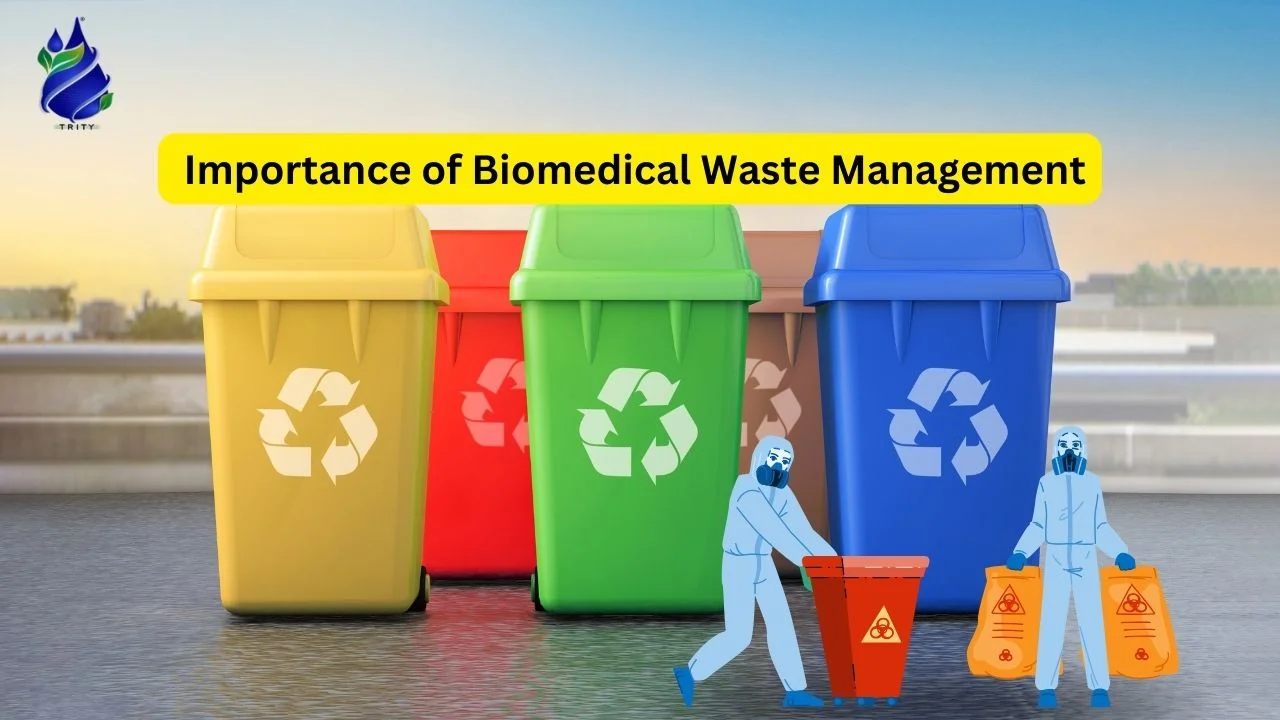

Have you ever thought about what happens to medical waste once it leaves a hospital or clinic? Each year, hospitals, clinics, and laboratories produce millions of tons of dangerous waste. Proper biomedical waste management is important not just to follow the law, but also to keep healthcare workers, patients, the public, and the environment safe. It is our responsibility to keep our surroundings clean for the sake of the future and it also prevents infections, environmental harm, and hefty fines.
This kind of waste is filled with pathogens and can be a risk for infection if not handled correctly. Some examples are blood, bodily fluids, dirty dressings, and sharp objects. It must be disposed of in bio medical waste bags (yellow/red).
This group covers chemicals, drugs, and various substances that can be toxic, corrosive, flammable, or reactive. Some examples are cytotoxic medications, disinfectants, and chemicals that have been used in labs. It requires specialized medical waste disposal methods.
This category covers items that have radioactive materials, like old diagnostic equipment or materials utilized in radiation therapy. It needs lead-lined bio medical waste bins.
This waste includes sharp items such as needles, scalpels, and shattered glass that can lead to cuts or puncture wounds. It’s really important to use the right disposal methods, like puncture-resistant containers, to avoid injuries.
It consists of expired medications, vaccines, and syringes. It needs to be stored in labeled containers (typically black or blue) and disposed of properly by licensed organizations. Always use gloves and steer clear of tossing it in regular trash bins or drains to avoid any harm.
When families stay informed and involved, . Ask questions, follow medical instructions, and offer both care and companionship. Your support can be the biggest healing factor.
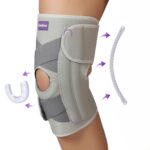 Accessories
Accessories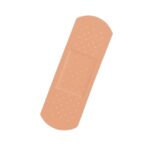 Bandages
Bandages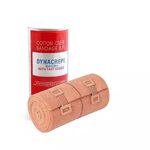 Bandages And Adhesive Tapes
Bandages And Adhesive Tapes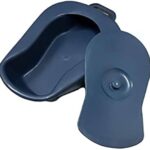 Bathroom And Toilet Aid
Bathroom And Toilet Aid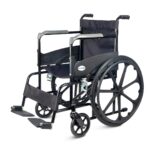 Wheelchair
Wheelchair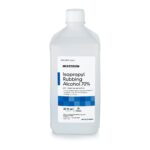 Disinfectant And Antiseptics
Disinfectant And Antiseptics Disposable Syringes & Needles
Disposable Syringes & Needles Doctor Apparels
Doctor Apparels Gloves
Gloves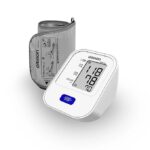 Healthcare Devices
Healthcare Devices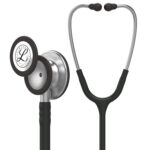 Healthcare Professional Devices
Healthcare Professional Devices Hospital & Home Supplies
Hospital & Home Supplies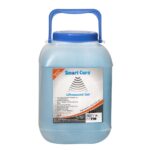 Laboratory Use
Laboratory Use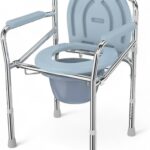 Mobility And Walking
Mobility And Walking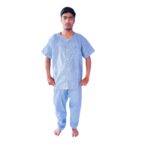 Patient Apparels
Patient Apparels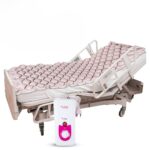 Personal Care
Personal Care Professional Medical Supplies
Professional Medical Supplies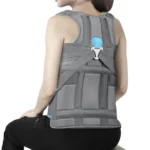 Rehabilitation
Rehabilitation Respiratory Exercises
Respiratory Exercises Cotton
Cotton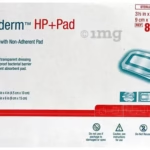 Surgical Dressing
Surgical Dressing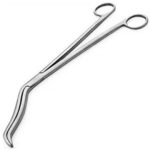 Surgical Equipment
Surgical Equipment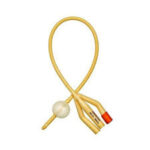 Urinary Catheters
Urinary Catheters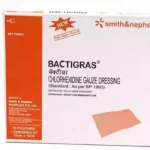 Wound Care Dressing
Wound Care DressingNo account yet?
Create an Account
Good